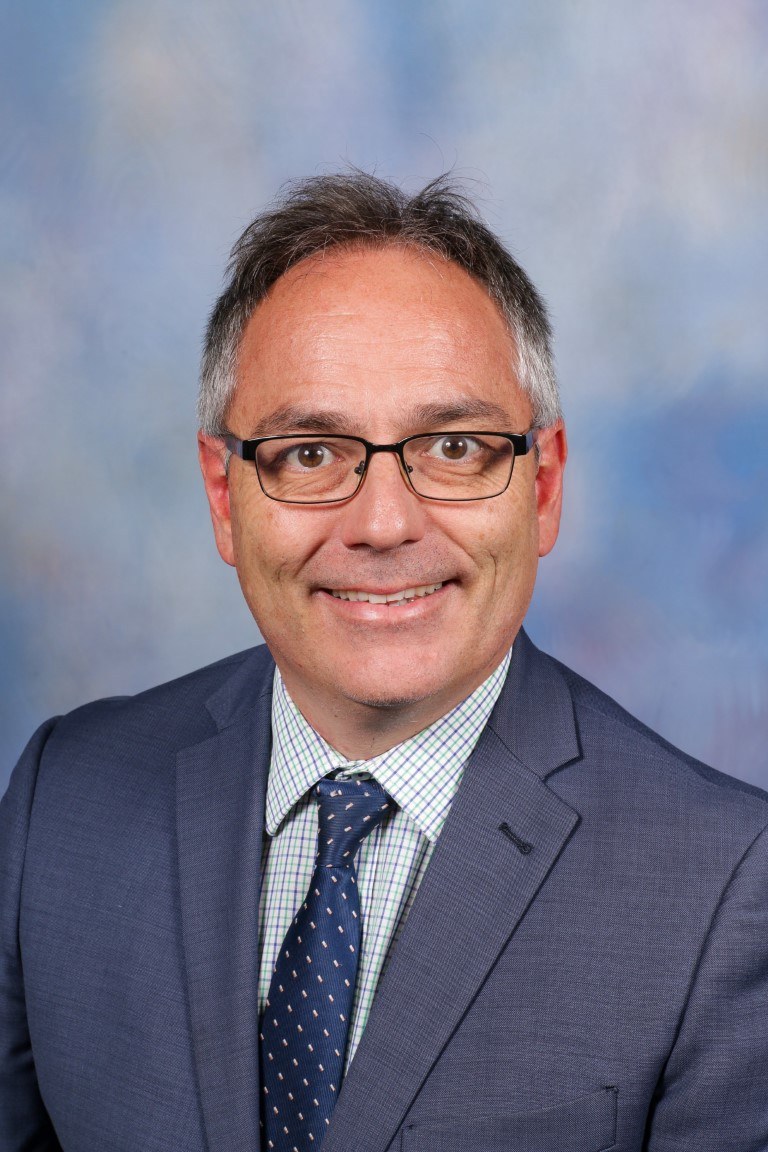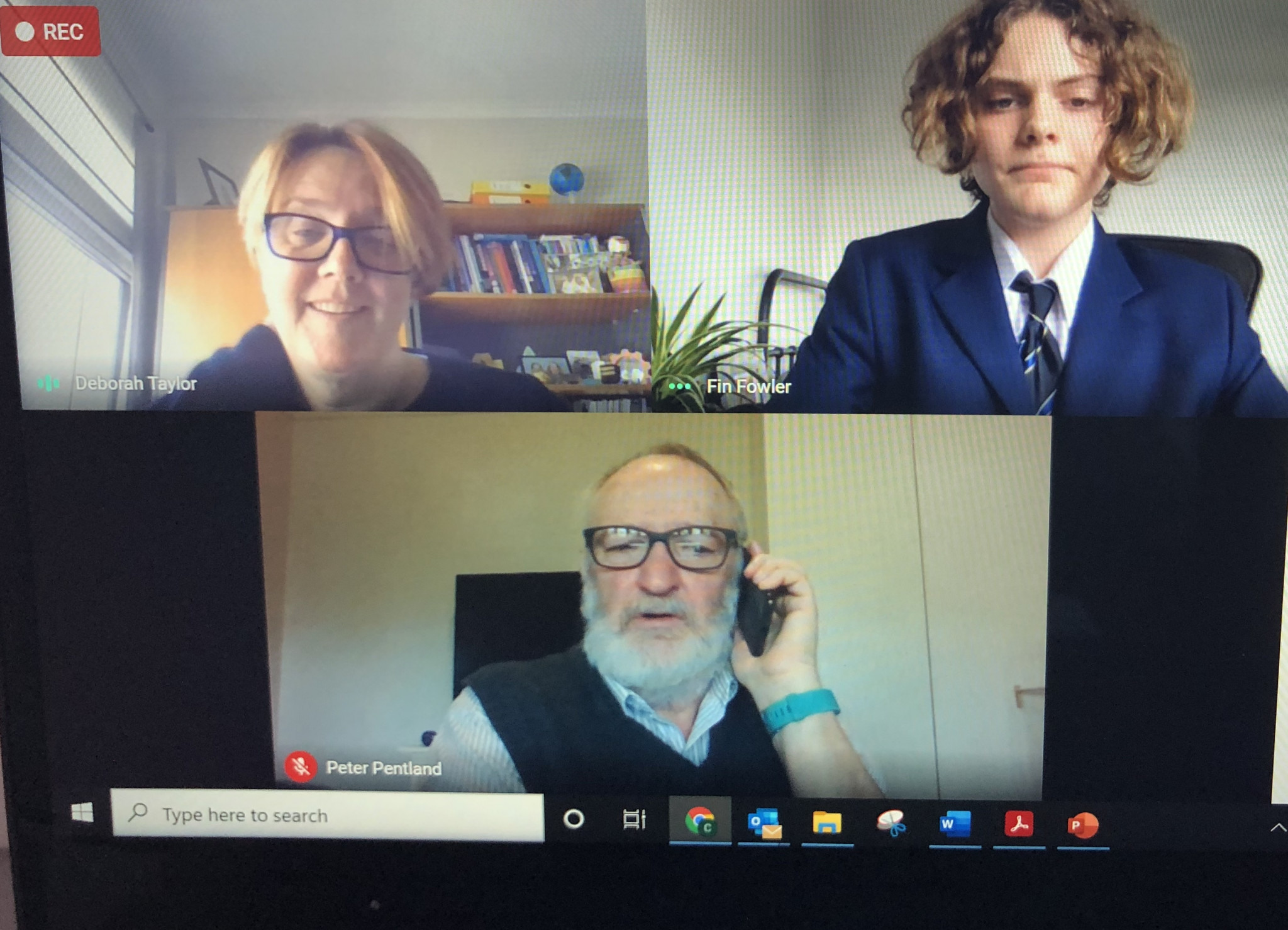Deputy Principal's Report
We are now halfway through the term and we hope you are finding your rhythm.
Thursday 20 August will present an opportunity for students to catch up on work they may have missed. I know with my own children that the constant emails and online work can build up, so I hope all students take that time to take stock. Meanwhile, staff will be involved in the very important task of meeting each and every new student joining us at Padua in 2021. Ever since I joined Padua, over a decade ago now, I have always been impressed with the community spirit we are blessed with, and even though we are one of the largest schools in Victoria, it is truly amazing and due in part to the understanding between students, parents and staff that are built upon with days such as this.
I would like to congratulate Madeleine Coley in Year 7 Chisholm House, who was one of three winners in the Shared Stories short story writing competition. Madeleine wins a voucher and receives a certificate for her work. The focus of the piece of writing could be anything of the student’s choosing, with 'Respect' being a very broad theme for this year. Madeleine wrote a beautiful poem titled 'Respect', which you can read in the Student Achievement section of this issue of the Paduan. Thank you to Mrs Louise Landing for encouraging and working with her students to produce some fabulous work.
Homework Hub During Remote Learning
For assistance, particularly with Maths and Science, Ms Hardie and Mr Laird will be on hand to lend support each week, Monday-Thursday 3:30pm-4:30pm via Google Meet [Homework Hub], commencing 10 August, for the remainder of remote learning this term. Please click the links on SIMON during the times indicated to join the virtual “Homework Hub”.
Thank you to Mrs Hardie and Mr Laird for continuing to offer the Homework Hub on top of the normal duties at this time.
Wishing you continued blessings,

Stephen Veneris
Deputy Principal | Head of 7-9 Campus Mornington
Developing the Interests of Our Young Scientists
Happy National Science Week! National Science Week (15-23 August 2020) is Australia’s annual celebration of science and technology. Here at Padua, we encourage our students to develop their curiosity, exploration and learning (and ask lots of questions), as demonstrated by this story from our Science Department.
Year 7 Sebastian student Fin Fowler recently discovered a field of nanogenerator technology, which he believes might hold the answer to solving one of the largest global problems contributing to climate change.
A nanogenerator converts mechanical/thermal energy produced by small physical changes, such as pulses and friction, into electricity. While most nanogenerators use sound or vibrations to produce energy, Fin wondered whether the energy produced by friction could be used to power things. He gives the example of running on a treadmill. “When you run on a treadmill, your shoes become hot. This is friction in action! If you could put a device on the treadmill to capture this energy, it could power the treadmill or lights”. Fin began to think of the collective mileage of the millions of cars on our roads and the problem of carbon emissions. His idea for nanogenerated cars (powered by heat/friction) came to life and with it, many questions.
“I genuinely believe this can fix a major issue and help low socio-economic areas like India where there’s a heap of poverty,” Fin explains, “If a few of these ideas can be put together, we can help India have access to water pumps or electricity.”
Fin’s science teacher, Mrs Burke spoke to Deborah Taylor, Learning Team Leader – Science, who wasted no time in putting Fin in touch with Peter Pentland, the Executive Manager of the Schools Program at the Academy of Technological Sciences and Engineering. “Peter is a Science author and colleague of Dr Alan Finkel, Australia’s Chief Scientist," explains Deb, "I knew that Fin’s ideas would be of genuine interest to them. Their whole mantra is to facilitate the growth of qualified scientists and engineers and encourage young students to love science and engineering, so I wanted to grab this opportunity!”
Peter was able to answer many of Fin’s questions in a recent Zoom session and direct him to seek avenues and resources to explore and test his theories. Fin was offered some excellent career and business advice in the process too! Many thanks to Mrs Taylor and Peter Pentland for this fantastic opportunity and we wish Fin well on his exciting, inquiry-led path of learning.



